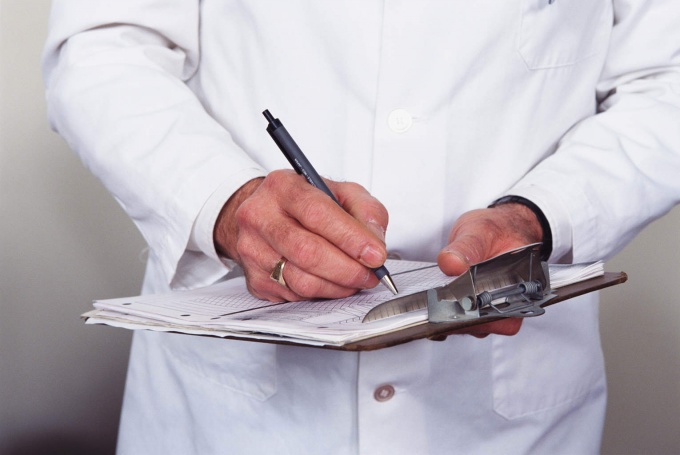Instruction
1
For all venereal diseases is characterized by the combination of different currents (latent, chronic, or asymptomatic). For an accurate diagnosis and a proper course of treatment will need to conduct numerous laboratory studies, and at all stages of observation of the infectious process (need and initial examination and assessment of the dynamics of the disease, and to determine the effectiveness of treatment).
In addition, it should not be forgotten that any disease is easier to treat at the earliest stage of development. This means that in case of any suspicion about the infection you should immediately consult a venereal disease and conduct a survey.
In addition, it should not be forgotten that any disease is easier to treat at the earliest stage of development. This means that in case of any suspicion about the infection you should immediately consult a venereal disease and conduct a survey.
2
Suspicion can cause the following symptoms: itch that appears, discomfort, feeling cramps and pain in the urethra, itching in the vagina, leucorrhoea (any) of the urinary organs, the appearance of lesions on the genitals, tingling, or pain in the lower abdomen, heaviness, any rash on the palms, soles of the feet, on the torso.
In addition, serve as a reason for going to the doctor can and casual sexual intercourse without using a condom, even in the absence of these symptoms (and regardless of the type of contact), and identification of the infection from a regular sexual partner, menstrual disorders, and premature or, conversely, delayed ejaculation, difficulty or too frequent urination.
In addition, serve as a reason for going to the doctor can and casual sexual intercourse without using a condom, even in the absence of these symptoms (and regardless of the type of contact), and identification of the infection from a regular sexual partner, menstrual disorders, and premature or, conversely, delayed ejaculation, difficulty or too frequent urination.
3
If you are experiencing any of these symptoms, do not hesitate to visit a specialist. Moreover, the majority of known sexually transmitted diseases are treatable. Modern medicine can offer accurate laboratory diagnosis, and special treatment methods (e.g., PCR diagnostics).
Useful advice
Don't forget that it's easier to prevent disease than to treat it, so use contraception (this greatly reduces the risk of Contracting sexually transmitted infection).




